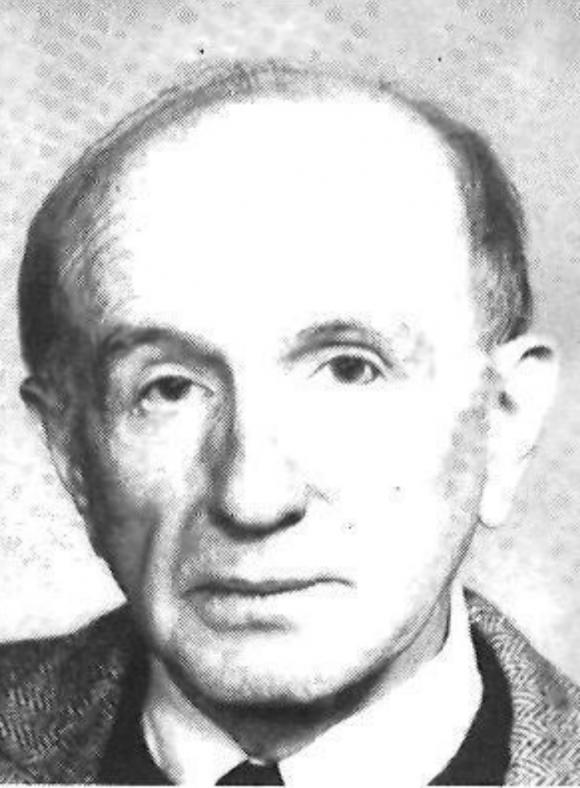
Rutgers Law School Professor Emeritus David Haber was born on September 25, 1922 and died on December 13, 2018. His former colleague and friend, Peter Simmons, who previously served as Dean of Rutgers Law School, shares his remembrances.
"David Haber, a long standing faculty member, died on December 13, 2018. He had been retired for the last 10 years.
David escaped the Nazi horrors when he emigrated to America. He graduated from CCNY at a young age and then attended Yale Law School. Upon graduation, he was appointed to the Yale faculty. During his years while teaching at Yale, he made two major contributions to legal education: (1) working with Myers McDougal, he produced the first modern property casebook -- heavily policy oriented and containing excerpts from and references to legal literature. [I remember the Property casebook I used at Berkeley in 1953. It consisted of old, confusing and bewildering cases and a few questions, none of which could be answered from the assigned cases. No policy, no history, and very boring.] The modern "cases and materials" style property casebook is a direct descendant of the McDougal and Haber path breaker.
(2) Further, David and Thomas I. Emerson produced the first casebook on civil rights and liberties, thus promoting a new field of study in law schools. That book has remained in use, updated and revised by Norman Dorsen and other scholars from NYU.
David left Yale to join the Rutgers faculty (being close to NY City was a cultural magnet) at a time when he and a group of policy oriented intellectuals, including Saul Mendlovitz, Marvin Chirelstein (who left to teach at Yale) Victor Brudney (who left to teach at Harvard), Alan Axelrod, Sidney Posel, Julius Cohen and Dean Lee Tunks had as their goal to create a Yale Law School of the public sector -- a policy oriented school informed by contemporary social science. The story of the founding on the modern (and current) Rutgers Law School is told in a book edited by David and Julius Cohen -- The Law School of the Future.
As Dean, I found David to be deeply committed to academic values during the tempestuous times following the revolution of the 60s. Although David and I usually agreed on questions of academic policy, he had very limited patience with bureaucracy, be it law school, Newark campus or that emanating from New Brunswick. He firmly believed that faculties were self governing institutions that did not need the guidance or control of "big brothers" from outside their ranks.
David displayed his contempt for all administrators by always referring to me as "Mr. Dean" at faculty meetings and on other formal occasions. However, when discussing property issues in his office as we frequently did, he was a kind and generous mentor who addressed me [fondly, I believe] as "Peter".
David was a demanding and popular teacher of first year Property, and his elective on Future Interests always attracted more students than one would expect that arcane topic to achieve.
Most of you have not benefited from a vigorous exchange with David, however everyone should know that he contributed mightily to contemporary legal education and brought renown to our law school."
By Peter Simmons